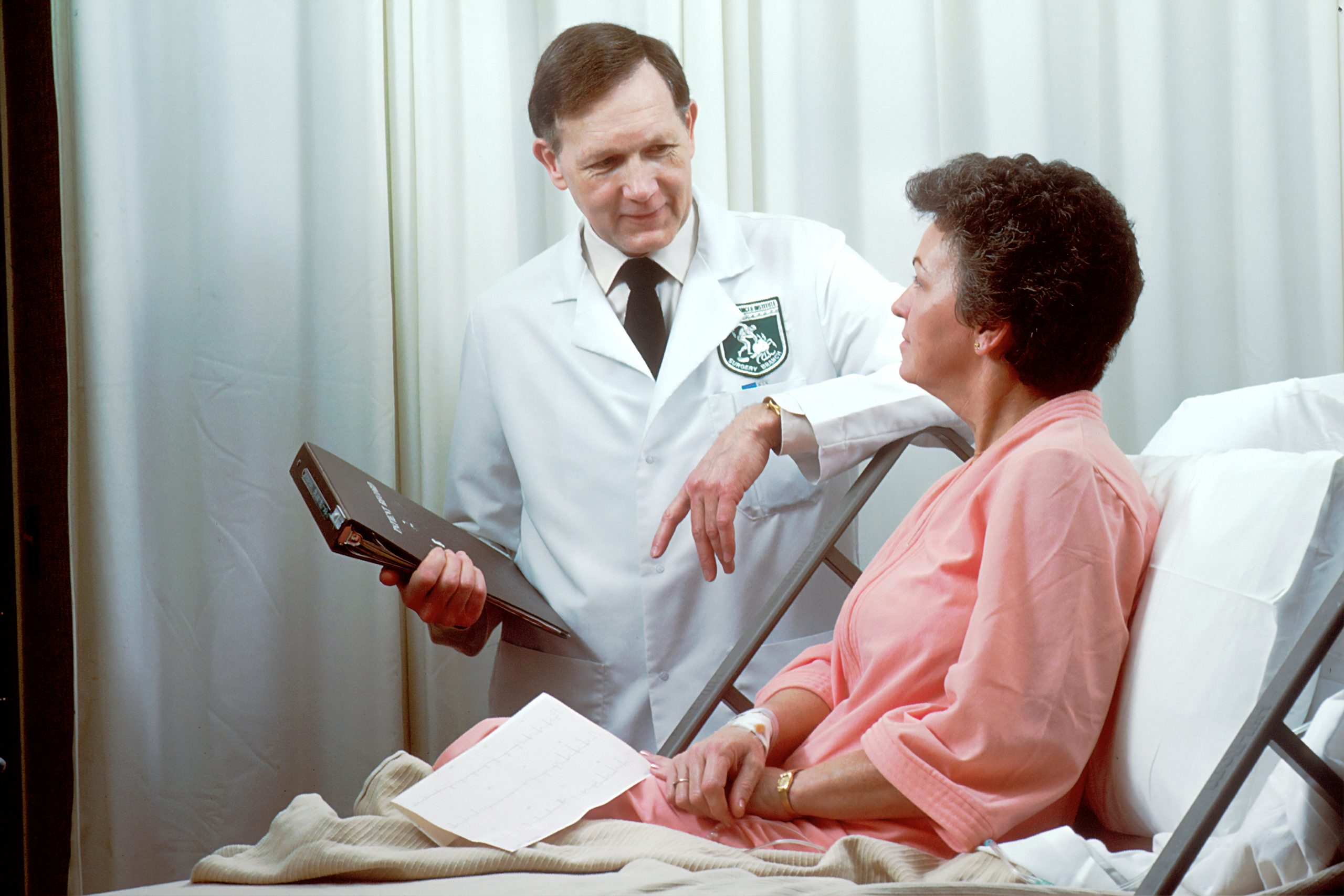Table of Contents
Whether you believe it or not, most people struggling with drug addiction avoid undergoing a treatment procedure. According to a 2015-study by NSDUH, nearly 21 million people (aged 12 or more) look for treatment for substance abuse. Nonetheless, less than 11% (around 2.3 million) of them receive it.
So, what’s stopping them?
Personal or social barriers. For example, someone can stay away from getting a cure because of certain beliefs, while others avoid it due to their insurance coverage. However, the core problem behind the same goes far and beyond these issues.
Please keep reading to find out about them!
What Is Addiction Recovery?
The term “recovery” is defined as returning to a normal and natural state of mind, health, and strength. Following the same route, recovery from addiction can be referred to as a state of mind or health without using substances.
However, like any other physical or psychological disease, recovery from addiction does not happen in a single day. Instead, it takes time and effort from the individual suffering from it.
If you’ve been using recreational stuff for quite some time, it might not be possible for you to stop your drug-seeking behavior alone. For that, you have to opt for a psychiatrist or visit a center to cure your condition or behavioral attributes.
For example, Gallus Detox provides drug addiction treatment viable for long-term and short-term drug addicts. Depending on the severity, they’ll also determine a specific treatment procedure (inpatient or an outpatient) for you.
Hence, if you need any assistance regarding your abusive behavior, we’ll ask you to drop an email to them today.
Addiction Recovery And The Social Barriers
Since the 1970s, researchers have attempted quite a few times to determine why rejecting drug addiction treatment. Fortunately, a recently-made study has been able to shed light upon this aspect to some extent. Here’s what it has revealed –
Barrier – 1: No Social Support
“What will my friends, family members, or employers think?”
The universal classification of drug abuse as a crime has led to a social stigma surrounding this problem. Many people think that if they reveal their condition to someone else, they’ll be tagged as a disgrace to society.
The fear of not being accepted even by someone’s own parents can also lead people to avoid discussing their mental health with others. In some cases, the fear of legal penalties due to drug consumption can also contribute to this problem.
Barrier – 2: The Sense Of Denial
“I use alcohol or drugs, but I’m not addicted to them.”
People, although after using drugs extensively, tend to see nothing wrong with their habits. Even if they are “high,” they’ll constantly deny that it’s affecting them. This, in turn, makes them avoid or “waste their money” on treatment.
Although, to be fair, no one will wake up at the earliest of the day and say, “I’ll go to a drug abuse rehab treatment facility today!” And, it’ll be even more evident if the person is fulfilling all of their duties, including social obligations, eating, taking care of their children, etc.
Barrier – 3: Privacy Concern
“This is not something I can tell to someone else.”
The problem of drug abuse can begin with something as trivial as getting scolded in school. But, to some people, it seems that they’ll be judged or damned if they share their secret. After all, our society is yet to understand that drug addiction isn’t a moral failing; it’s a disease.
If you’re struggling with this moral dilemma, considering joining an anonymous group can be beneficial for you. Even if you feel a little shy at first, meeting others going through the same hardship can definitely be helpful.
Barrier – 4: Fear Of Getting Treated
“I’ve heard that drug withdrawal is painful.”
The sense of withdrawal usually occurs when you leave your habit of abusing drugs all of a sudden. It can get pretty uncomfortable, as you may vomit, lose interest in eating, feel depressed, suffer from acute anxiety, and whatnot.
Hence, if you’re a little afraid of that, we’ll not blame you at all. However, there’s something we can promise you. When you’re going through an addiction recovery treatment, you’ll be provided with medications to reduce the severity of withdrawal. So, it won’t be painful at all.
Barrier – 5: Difficulty In Getting Admitted
“The waiting list for the treatment is pretty long.”
Like any other medical service, it’s not easy to find a facility center to cure drug addiction. Besides, if you belong to a small town or a rural area, finding a center for your cause will be even more challenging.
However, this issue can be solved by opting for an organization that offers advanced booking. They will call whenever the facility is accessible.
Barrier – 6: Expensive
“The treatment is too expensive.”
Many people think that addiction recovery treatment is pretty expensive. And, because you must stay in the facility in an inpatient procedure, thinking so would be pretty viable too. However, there’s a solution to it.
The issue of drug addiction has already been tagged as a psychological disease. Therefore, you can use it for your treatment if you have health insurance.
Addiction Recovery And The Treatment-Related Barriers
Aside from social ones, the treatment-related barriers can pose a threat to getting proper drug addiction treatment as well. Here’s what you need to know about it.
Barrier – 1: Lack Of Communication
Treating SUD (substance-use disorder) can require more than one treatment procedure. Now, if the communication between the providers of both is not good enough, the whole trial might end up being a failure.
Hence, while getting treated, you have to ensure that you’re talking to your physicians daily. If you have any queries, don’t hesitate to ask them.
Barrier – 2: Limited Personnel And Resources
The number of drug addiction care facilities is pretty low if we’re being honest. Besides, as we’ve already mentioned, you may not even find any if you live in a rural place. Also, the lack of resources, such as medication or personnel, is pretty low as well.
However, as addiction is being considered as an ailment, the number of facilities will increase gradually. We’re also expecting the number of doctors and nurses to improve too.
The Bottom Line
The phase of addressing your addiction problem is, indeed, a tough one. But, if you can get out of the social stigma and be more expressive, it’ll definitely work out well for you. Aside from this, we’ll also ask you to perform cardio exercises daily to improve your core strength .
In any case, now, we’ll be concluding our article. If you need any assistance with regards to anything at all, let us know about it in the comment section below.
We’ll try our best to help you out!



